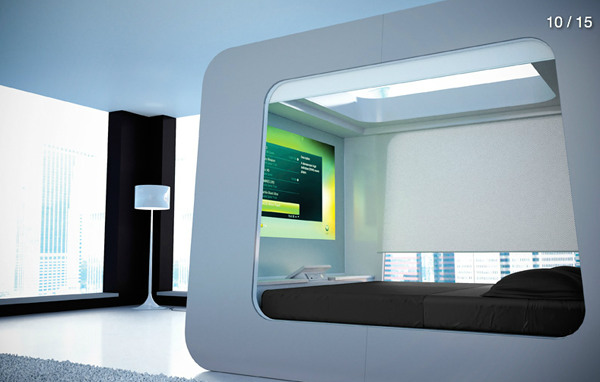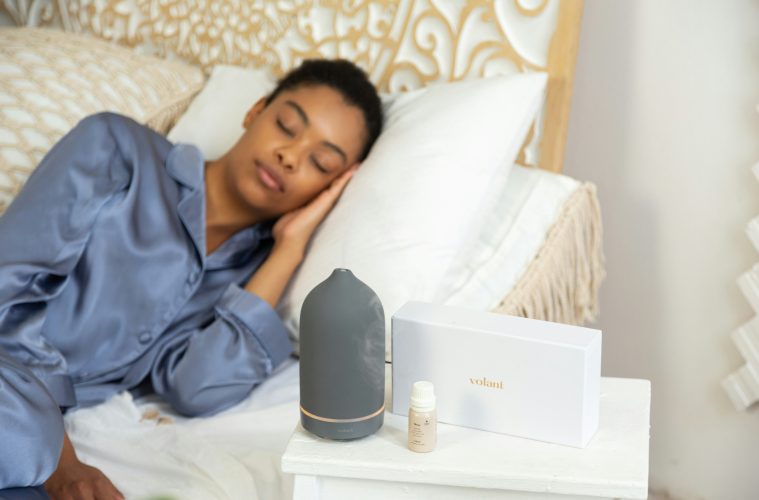Getting a good night’s sleep is one of the most (if not the most) important things that you can do for your overall health and wellbeing. When you get enough sleep, you are bright eyed and bushy tailed, and ready to take on whatever the world throws your way. In addition to your overall mood, getting enough sleep works to:
- improve your memory
- make you more alert and productive
- reduces stress
- helps you to lose weight
- reduces the risk of you getting colds, flu, heart disease and depression.
If you get good quality sleep over a long term period, it may even work to increase your overall life expectancy. While getting plenty of sleep is clearly vital, many people still find it hard to get enough kip of an evening. We might be burning the candle at both ends or up until the wee hours turning over a problem in our minds – whatever the issue, sleep needs to take priority. Let’s take a look at seven scientifically proven ways to improve your sleep quality.
 1. Drink tart cherry juice twice a day
1. Drink tart cherry juice twice a day
This might sound a little far-fetched, but hear us out. A recent study performed demonstrated that drinking tart cherry juice may help with Melatonin production. Melatonin is a chemical produced by the brain that works to help regulate sleep habits, and it’s naturally produced as part of the ‘circadian rhythm’ that occurs naturally at sundown. Another study produced modest results demonstrating that cherry juice could have a small but beneficial effect on adults with insomnia. It might be worth just giving it a go, anyway, and at least the medicine is delicious!

2. Buy a good quality mattress at least every 10 years
This might seem a bit obvious, but buying a quality mattress is a hugely important consideration when it comes to sleeping well and having good sleep for a long period of time. The team at Oz Mattress advise consumers to consider factors like firmness, whether you sleep on your back, side or stomach, and whether you have a partner who shares your bed, when selecting the optimal mattress type.
3. Block ‘blue light’ at night and use a sleeping mask
For many years, researchers have been looking at the effect of artificial light on sleep, and they have found that artificial lights (blue lights) interfere with sleep. This is due to the fact that constant exposure to screens fools the brain into thinking it’s daylight (even when it’s dark outside) thus interfering with the circadian rhythm. So use a sleeping mask and be sure to keep it on for best results.

4. Exercise moderately at least 150 minutes a week
We all know the benefits of exercise – and a recent study by the Northwestern University found that people who exercised regularly enjoyed improved sleep quality. In addition to better sleep, they also had more energy during the day and were more active.
5. Sit next to a window at work
A study that was published in the Journal of Clinical Sleep found that when you get some natural light during the day you sleep, on average, 46 minutes longer than your peers who are working in windowless offices. In addition to this, you also enjoy sleep that is less disrupted and more sound in general.

6. Sleep in a cool setting, with a room temperature of around 18.5ºC
While the literature varies on the right kind of temperature you should be sleeping in, many experts agree that it’s around the 18.5 degrees celsius mark. As such, if you need to sleep with a foot out of the covers, or with a fan or the air conditioning on, you should do so, for the sake of your sleep.
7. Cut down on how much alcohol you drink
While a stiff drink prior to heading off to bed may help you to get to sleep sooner, it can interfere with your REM (rapid eye movement) sleep which is hugely restorative. Instead of drinking before bed, why not try meditation?

